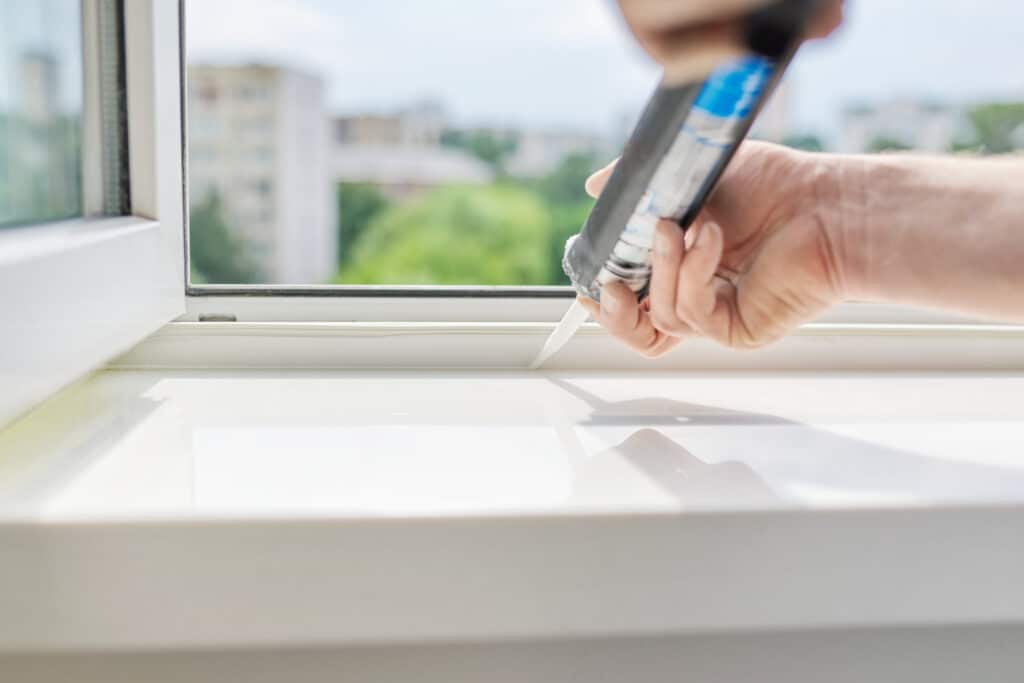Tips for a cozy and noise-reduced home with well-sealed windows and doors
An intact building envelope makes a significant contribution to the feeling of well-being in your own four walls. In real life, however, window and door seals are often leaky in many places. Our expert gives tips on how you can avoid unwanted drafts, prevent your rooms from cooling down too much in winter or overheating in summer, and reduce the influence of noise-related stress – all of this achieved by relatively simple means.
Tip 1: Analyze the current situation
Do you have the feeling there are a lot of leaks in and around the house? Then take action! The best way is to hire a professional window fitter, building expert or energy consultant to analyze the current situation. Thanks to their experience, these experts may also detect and locate leaks that you haven’t noticed yourself. Based on their findings, an action plan for the implementation of modernization measures should be drawn up. The good news for you as a homeowner or tenant: It is not always necessary to insulate the whole building envelope or to replace all windows at once in order to improve the energy efficiency and provide better noise protection.
Tip 2: Do it yourself or hire a specialist company for the job
The proper sealing of windows and doors is a highly effective and inexpensive measure. If you are a skilled DIYer and want to do it yourself, you can install self-adhesive rubber sealing strips along the window frames and sash edges. Or you can seal the existing joints with a silicone or acrylic sealant. But it is much more effective to hire a professional to do the job. Over time, not only the external sealing between the window frame and masonry becomes brittle and permeable, but also the insulation between window pane and frame. Eliminating these defects requires a great deal of expertise. A window fitter can also check to what extent existing roller shutter boxes need to be insulated. Furthermore, it may also make sense to insulate parts of the building envelope such as the window reveals.
Tip 3: Only use products that are not harmful to health
For sealing and insulating in and around the house, a lot of plastic and composite materials are used. This makes it all the more important to only use products that are compatible with your health. But no matter whether you tackle the work as a DIY project or outsource it to a specialist company: Make sure that all materials carry the EMICODE® label. Only those products are awarded the EMICODE® seal that have been tested in a scientifically valid and reliable manner for the lowest possible emissions. The certifying body is the GEV, the Association for the Control of Emissions in Products for Flooring Installation, Adhesives and Building Materials. It ensures that products are not only checked once but at regular intervals by independent test institutes, so that long-term compliance with the strict emission limits is guaranteed.

Photo: © /123rf.com/GEV
Do You Have Questions?
If you have any questions on certain topics or want to contact us for another reason, please contact us by phone, fax or email.
Phone: +49 211 / 67931-20
Fax: +49 211 / 67931-33
info@emicode.com
Share article on Social Media:
